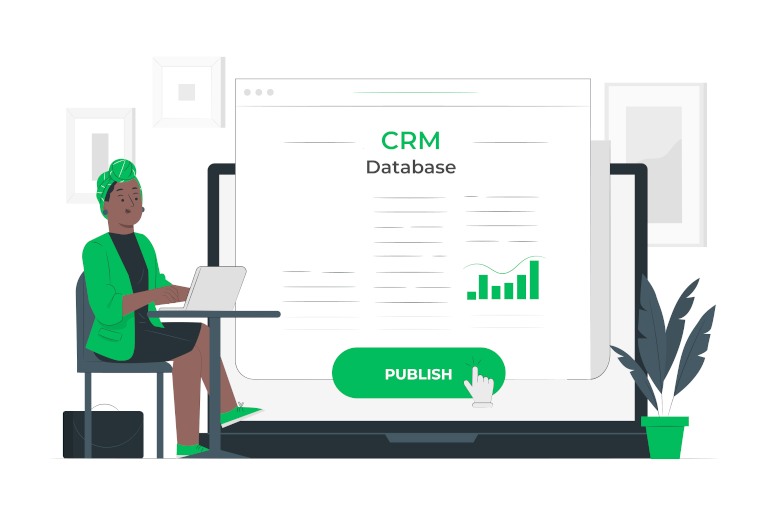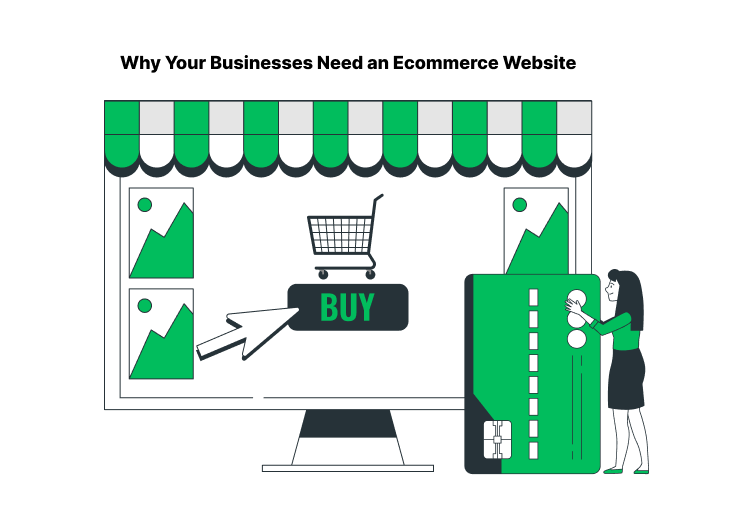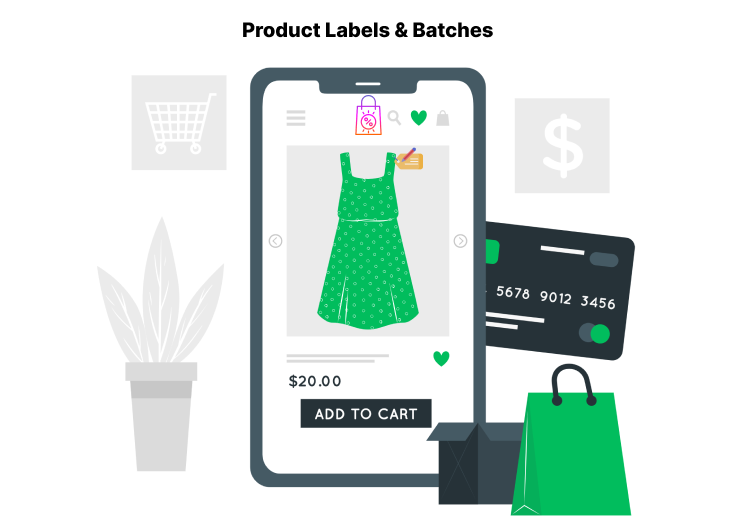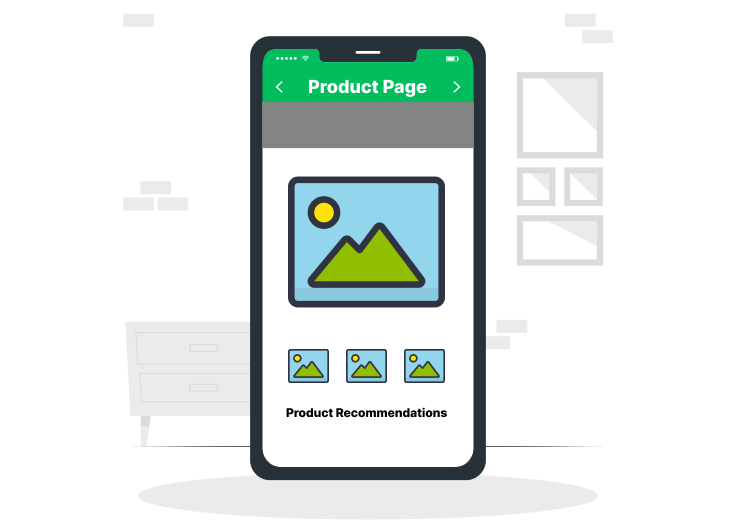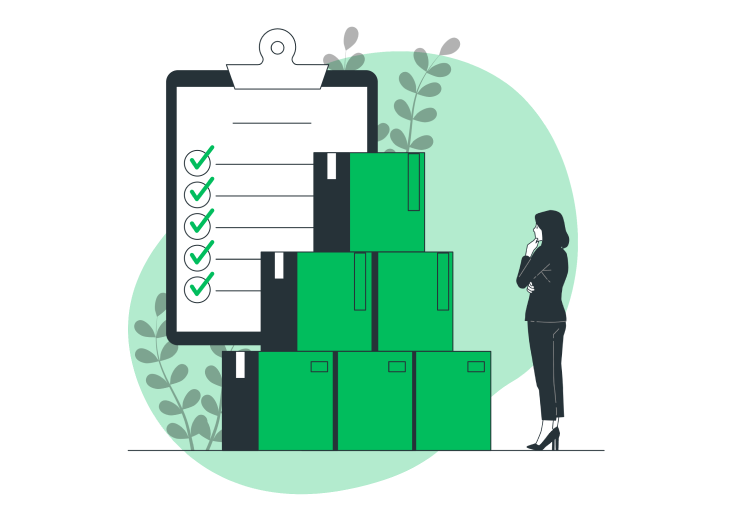As a business, how do you go about storing client data?
Gone are the days when companies would maintain Excel spreadsheets and manually enter customer details. It is time-consuming and highly error-prone.
As a result, businesses lose out on deals or let them slip through the cracks.
Here is where a CRM database comes in.
Table of Contents
What is a CRM Database?
A customer relationship management (CRM) database is an organizational system that records customer details to increase sales and provide better client service.
The primary aim of a CRM database is to maximize the interaction between a company and its clients. It helps customers get a higher value while companies get high client retention rates.
While CRM tools are a must for every business, they benefit small enterprises. With a CRM platform, small businesses can manage leads more effectively, improve customer retention, automate marketing tasks, and increase sales conversions.
Categories of CRM Databases
CRM databases segregate customer data into three ways – operational, analytical, and collaborative.
Operational CRM
An Operational CRM system helps to streamline your business’ sales, marketing, and service tasks.
Analytical CRM
Analytical CRM intends to help company leaders decide how to serve their clients better.
Collaborative CRM
A Collaborative CRM tool helps share customer details with the different departments of your business to perform their jobs efficiently.
Functions of a CRM Database
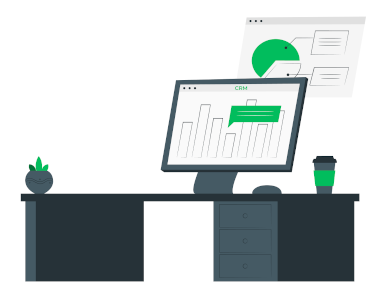
CRM software serves multiple functions. First, it helps store all the relevant information about your clients.
Such information includes job designation, email IDs, contact numbers, addresses, and the type of client. Moreover, a CRM database automatically updates the details in case of any change.
CRM database helps you in several ways to achieve your business goals. Some of them are listed below:
1. Customer Preferences
You can understand customer preferences. It achieves this by recording customer feedback via email, text, web forms, or phone calls. It helps you know if there are any shortcomings in your product or service and improves them accordingly.
2. Target Audience
CRM database also gives you a better idea of your target audience by helping locate the source of your leads.
3. Lead Tracking
Using a CRM platform, you can track where a lead came from (like) through social media channels, organic traffic, or email campaigns.
4. Automate Sales
A CRM platform helps automate several sales and marketing tasks, allocate responsibilities to your team members, and streamline the way you work.
5. Increase Sales
CRM tools can assist in analyzing your customers’ buying patterns and help the marketing team extract insights to gain more clients.
6. Database Access
CRM software helps you access your customer database anywhere and on any device. It ensures that you don’t lose touch with your customers.
Benefits of a CRM Database
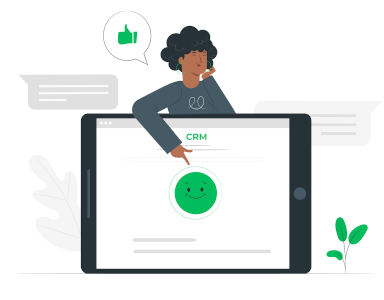
There are several advantages of using a CRM database.
Personalized Customer Experience
With CRM software, you can personalize client experience. CRM software provides deep insights into customer data, including their likes and dislikes, hobbies, and interests.
It helps companies understand how to design their products and services better. In turn, create effective marketing campaigns.
Fastens the Selling Process
An effective CRM system speeds up the sales process by providing all client data in one place. With just a few clicks, you can access all customer information on a single platform and get real-time notifications on any updates.
Ensures the Privacy of Client Data
While providing personal information to companies, customers expect their data to be protected. If there is a data breach, it affects the company’s reputation, causing it to lose clients.
A good CRM platform helps businesses keep track of customer data. Also, it prevents data leaks by providing the required access and privacy to client information.
How to make the most of your CRM Database?
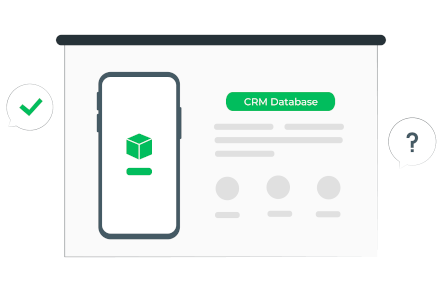
For getting the most out of your CRM system, here are a few steps to keep in mind.
Invest in Data Governance Tools
By investing in data governance, your customers can rest assured that their data is safe. Data governance is a set of practices that helps clarify data ownership, data procedures, and communications to ensure that a CRM system has security.
Use Data Automation Tools
Data automation tools automatically make any changes to your customer databases. It saves time, as you don’t need to enter data every time manually if there is an update.
Report Key Metrics using CRM Software
You can not only use CRM systems to maintain a customer database but also get insights into a buyer persona. Use your CRM software to analyze your customers’ buying behavior, interests, likes, and dislikes.
Identify Quick Wins
You can use your CRM tool to identify any business strategy and narrow it down to specific goals you want to achieve.
Conclusion
A CRM database helps your business in many ways. Several CRM platforms price affordably to help catapult your business to new heights.
If I miss anything, feel free to mention it in our comment section.
Cheers!

